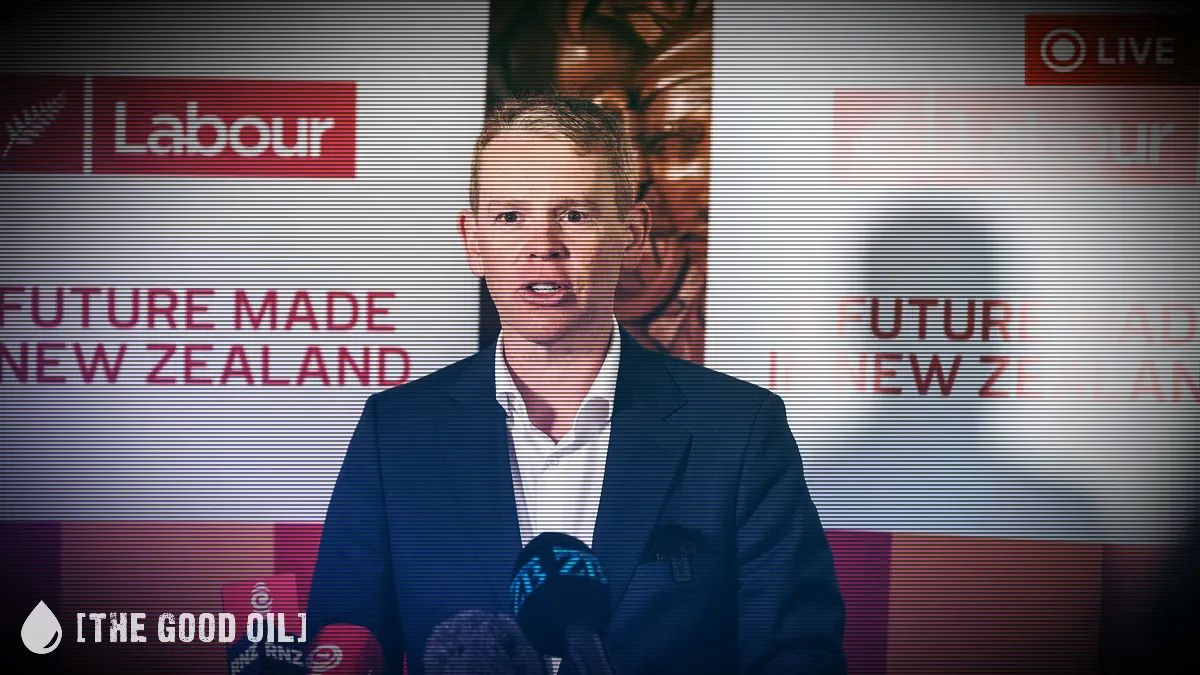Table of Contents
In the latest bit of abject stupidity in the pay parity debate, we have the suggestion that knowing what everyone in every organisation earns will solve the problem. In other words, there will be no privacy regarding earnings; everyone’s earnings will be known by everyone else.
This will not solve the perceived gender pay gap, but it will create a whole raft of problems of its own.
The Human Rights Commission has today launched a Pay Transparency campaign, asking for the Government to urgently address pay transparency in the workplace to close the gender pay gap and set up an independent body to ensure transparency in reporting about pay equity.
The HRC is also collecting signatures for a petition calling on the Government to include pay transparency in legislation. So far more than 1500 people have signed the petition.
The aim of having pay transparency would ensure people in similar or comparable roles are all being paid fairly. It would also aid employees with enough information to make a pay equity claim against employers, according to the HRC.
Therein lies the problem. Part of it anyway. Sometimes, you have to pay more to get a particular employee. It may be that this employee is particularly good, or it could be that you have simply not been able to get anyone cheaper. Or it could be that this employee has special skills that are only called on from time to time. There is a myriad of reasons why you may pay people at different rates, but it doesn’t mean that everyone should be paid at the same rate. Of course not. But that is exactly where this particular thinking is going to lead.
Equal Employment Opportunities Commissioner Saunoamaali’i Karanina Sumeo said New Zealand needed pay transparency because workers, especially Maori, Pacific and Asian women, were being undervalued and underpaid in the workplace.
“Many are parents, carers or the main income earners for their households. We need to stop talking about fairness and dignity and just get on with it.”
She said making pay visible would be a big step in eliminating discrimination within the workplace and help New Zealand close the gender and ethnic pay gaps.
I don’t think so. Far from solving the gender or ethnic pay gaps – if they actually exist – pay clarity will create parity issues between everyone… men, women, Maori, Pacific Islanders, Chinese & Indians, young people, old people, employees sitting alongside one another. If anyone earns more than anyone else, for whatever reason, there will be mayhem. There will be no way to stop it.
Whoever came up with this idea is focused on a single issue and has not thought the whole thing through. The potential for employers is an absolute nightmare.
Some organisations have pay scales that provide complete pay clarity, but many, particularly in the private sector, do not. It will help no one to reveal everyone’s pay. It will cause a lot more problems than it will solve.
There are also privacy issues to consider. Surely the individual who wants to keep their salary private has the right to do this? Why would anyone else have the right to breach that privacy?
National Council of Women national president Vanisa Dhiru questioned how employers who were knowingly paying some staff less than other for doing the same thing could be fair and good leaders.
To me, the issue is not about paying some people less. It is probably about paying certain people more. Sometimes, as an employer, you have little choice. This approach could well result in many people being paid more than they are worth. That is not pay parity. It is extortion.
The Council of Trade Unions said collective employment agreements were one way of ensuring pay transparency and open systems were followed by all employers.
A Newspaper
Well, of course. Let’s bring everyone down to the lowest common denominator. Isn’t that what unions do best?









